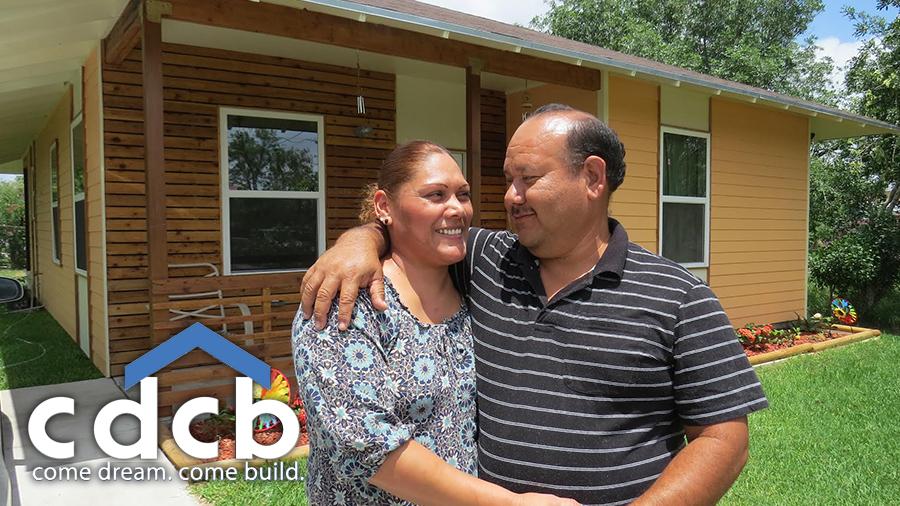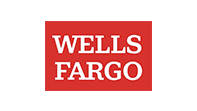cdcb Receives $300,000 Grant to Support Housing Affordability for the Rio Grande Valley During and After COVID-19
Grant from the Wells Fargo Foundation is part of $175 million commitment to assist communities impacted by the pandemic

BROWNSVILLE, Texas , October 6, 2020 /3BL Media/ – cdcb | come dream. come build. today announced a $300,000 grant from the Wells Fargo Foundation, which will enable the Community Development Financial Institution (CDFI) to help keep people housed, financially secure and growing wealth during and after the COVID-19 pandemic.
The grant for cdcb is one of six grants awarded to CDFI’s that support housing and community development in rural communities with persistent poverty across the U.S.
According to Partners for Rural Transformation, of the 395 U.S. counties with persistent poverty, eight out of 10 are rural and the majority (60%) of people living in rural communities are people of color. These same distressed communities now grapple with the ongoing health and economic crises resulting from the COVID-19 pandemic.
“cdcb is so thankful for the financial assistance of Wells Fargo Foundation. During the COVID-19 outbreak low-income Latino families living in the Rio Grande Valley have been affected by the virus at greater rates then other people in the State,” said Nick Mitchell-Bennett, Executive Director, with cdcb. “This has not only affected people’s physical health, but also their financial health, including paying for housing. cdcb welcomes the Wells Fargo Foundation’s philanthropic support and shared vision of a country where persistent poverty no longer exists. We will continue to work collectively to influence policy and simultaneously lead, advocate, innovate, and finance individual and community solutions to poverty so our neighbors can build sustainable and promising futures, especially during the trying times of COVID-19.”
CDFIs each receiving $300,000 grants from the Wells Fargo Foundation include:
- Communities Unlimited in Arkansas,
- Fahe in Kentucky,
- HOPE Credit Union and Enterprise Corporation in Mississippi,
- Oweesta Corporation in Colorado, and
- Rural Community Assistance Corporation in California.
“The economic challenges from COVID-19 are putting a spotlight on the most vulnerable people in underserved communities being disproportionately affected by job losses, under-employment, and housing instability,” said Eileen Fitzgerald, head of Housing Affordability Philanthropy with the Wells Fargo Foundation. “These CDFIs play a crucial role in reducing housing poverty and homelessness, improving health outcomes, boosting economic mobility, supporting job creation and retention, and strengthening the economy.”
The Wells Fargo Foundation has a strategic focus on addressing housing affordability, small business growth, and financial health and includes a $1 billion philanthropic commitment to address housing affordability solutions by 2025. As part of its $175 million response to COVID-19, the Wells Fargo Foundation has provided more than 1,200 grants in support of nonprofits to help keep more than 100,000 homeowners and renters housed. The Wells Fargo Foundation efforts to address the housing affordability crisis includes expanding the capacity of housing counselors to respond to renters and homeowners, supporting nonprofits that provide affordable rental homes and services, and support for legal aid organizations to provide representation for renters at-risk of eviction.
About cdcb
Founded in 1974, cdcb | come dream. come build. provides safe, sanitary affordable housing to the citizens of the southernmost area of the United States. Through collaborative partnerships, cdcb seeks to create sustainable communities across South Texas through quality education, model financing, efficient home design and superior construction. Headquartered in Brownsville, Texas, cdcb is one of the state’s largest nonprofit producers of single-family housing for homeownership. The vision of this award-winning, multifaceted organization is to be a trendsetter in creating model communities, where every person is valued and provided options, interconnected within sustainable communities and assured a high quality of life.

